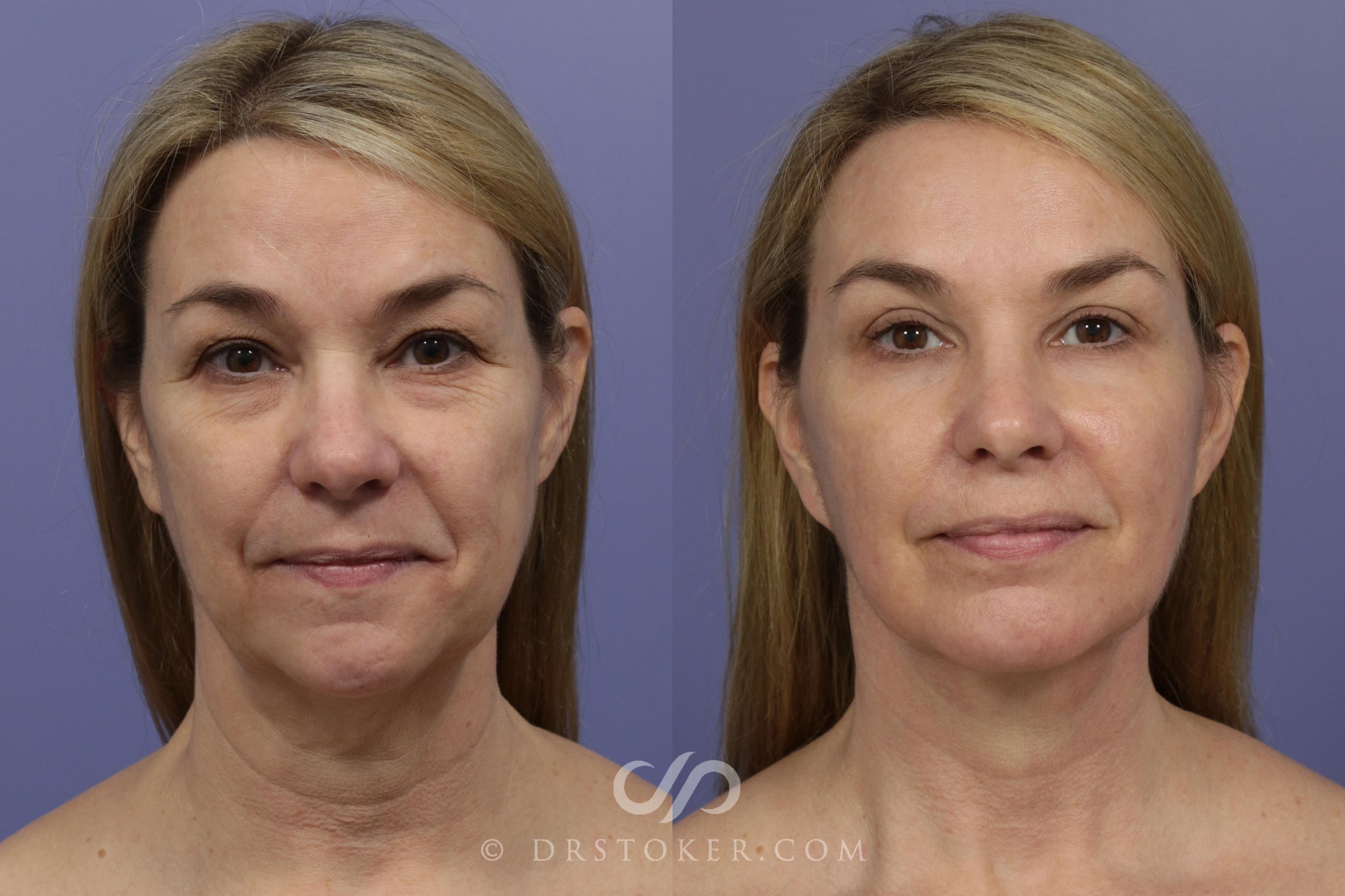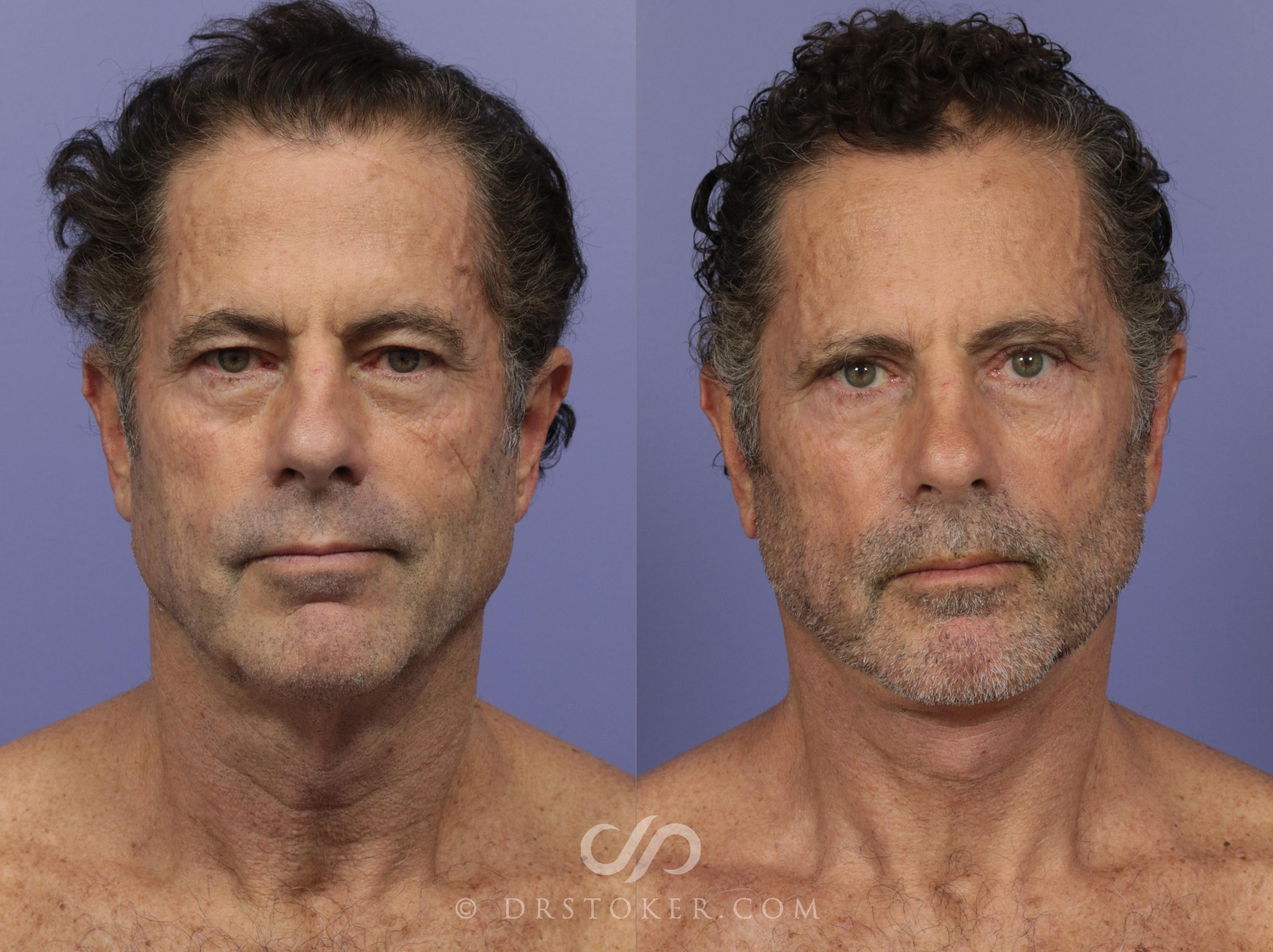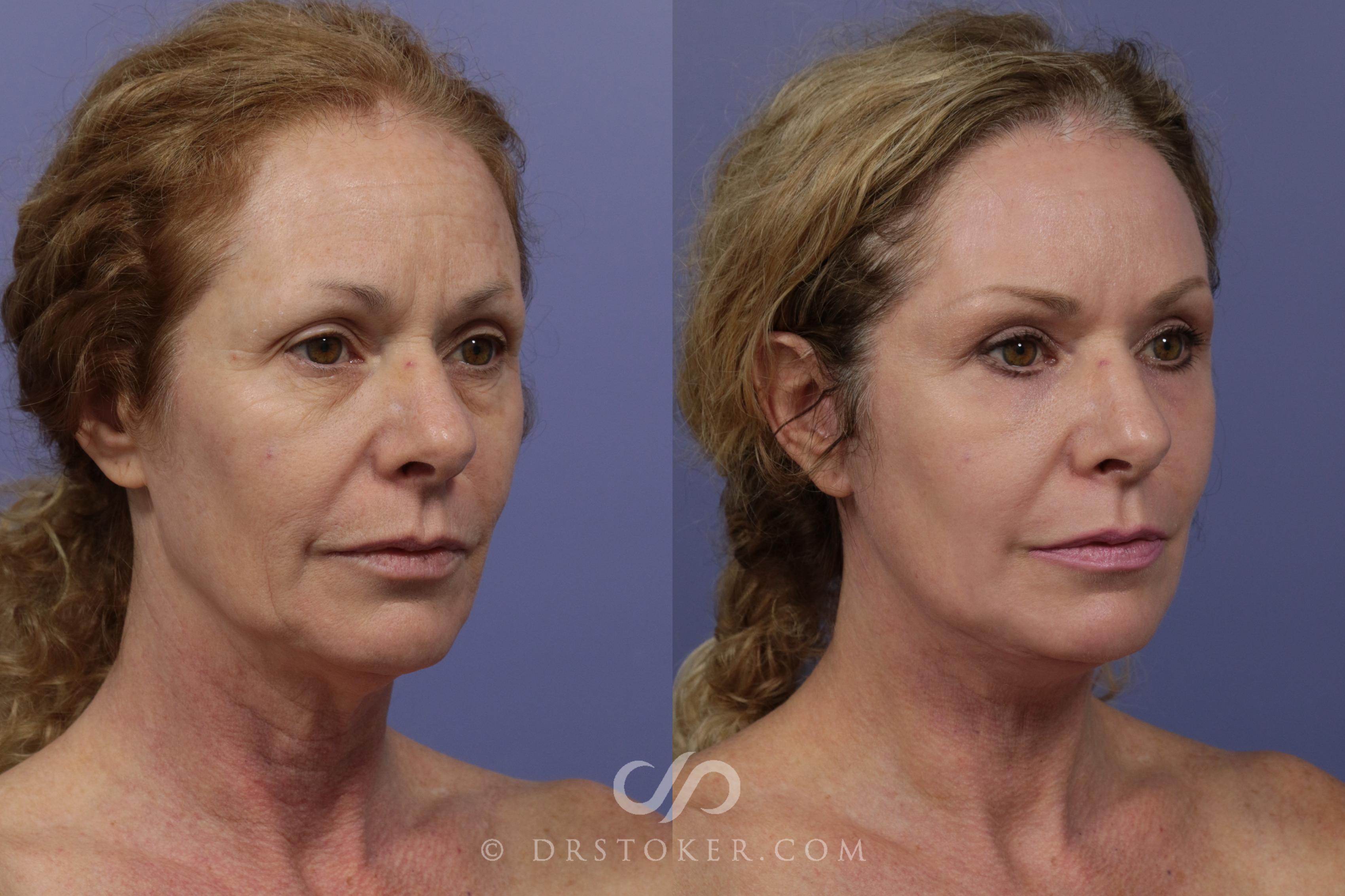As I always tell my Los Angeles plastic surgery patients, the initial consultation is arguably the most important part of the process. It’s a time for you to make sure the surgeon’s goals align with your own and to evaluate the person who may be reshaping your face, body, or breasts, so it’s important to be adequately prepared for your consultation well before you walk through the door.
With this in mind, there are a few things you should take the time to research before you schedule your appointment. Learn about the 4 most important things to think about before your plastic surgery consultation below.
#1. Know Your Ideal Outcome
Beauty is in the eye of the beholder—meaning that your surgeon needs a thorough understanding of your perspective to craft a plan for your procedure. Think carefully about what’s motivating you to pursue plastic surgery, and be candid with yourself about what you dislike and want to change. From there, think about how to articulate the results that you want.
Being concrete about it is a win-win: It helps you to crystallize your goals, and it helps guide your surgeon in a more definite way. Bringing in real patient photos or other inspiration images can be a useful tool, but getting clear on what you want to look like and how you want to feel can help guide the conversation in a productive, meaningful way.
#2. Know Your Surgeon
Credentials matter. As a baseline, check to make sure your surgeon is a board-certified diplomate of The American Board of Plastic Surgery and is licensed by the state in which he or she performs. A prolific surgeon will also likely make ongoing contributions to scholarly research, publishing journal articles, giving presentations to other surgeons, or working on clinical studies, for example. All of this should be listed prominently on the surgeon’s website.
Prior patient experiences always serve as a great indicator of what you can expect, too. Look for before-and-after photo galleries, testimonials, and online reviews to get a clearer picture of your surgeon’s work.
#3. Know the Limits of Your Procedure
Plastic surgery can achieve dramatic results, but it’s important to understand that every procedure has limits. A facelift, for example, is perfect for sagging skin, but it won’t be able to effectively address lost facial volume. Similarly, breast augmentation restores fullness, but on its own, it won’t reverse drooping or downward-pointing nipples.
A solid understanding of nuances like these helps you approach procedures with an eye toward your goals. It also gives you a frame of reference when talking through the surgical techniques that will yield your desired results—including combining procedures!
See for yourself how our full facial rejuvenation treatment exceeds what can be achieved with a facelift alone:
A surgeon’s website can be a great resource for understanding the procedures you might be interested in, as well as that surgeon’s particular preferred techniques. Another excellent resource is RealSelf, an online forum where other patients can ask questions for doctors to answer.
#4. Know What To Expect for Your Recovery
During the consultation, your surgeon advises you on exactly how long you’ll need to be out of work to rest, how to navigate things like bathing, and when it’s safe to gradually return to normal activity.
Those things are all fairly predictable based on the procedure you decide to undergo, but for your specific recovery, nobody knows you better than you. Although your recovery may be just a few days, it is an interruption to daily life, so take some time to think about what specific things will make yours as comfortable as possible.
Maybe it’s cooking some meals ahead of time, or making sure a few marathons of your favorite shows are readily available. Everyone’s answer is a little different, but being thoughtful about it can make the experience a more pleasant one. Read more about preparing for surgery in our related blog post.
Start Your Aesthetic Journey
If you are ready to take the next step and want to explore your surgical options, please request a consultation or call us at (310) 300-1779 to get started.






Leave a Reply